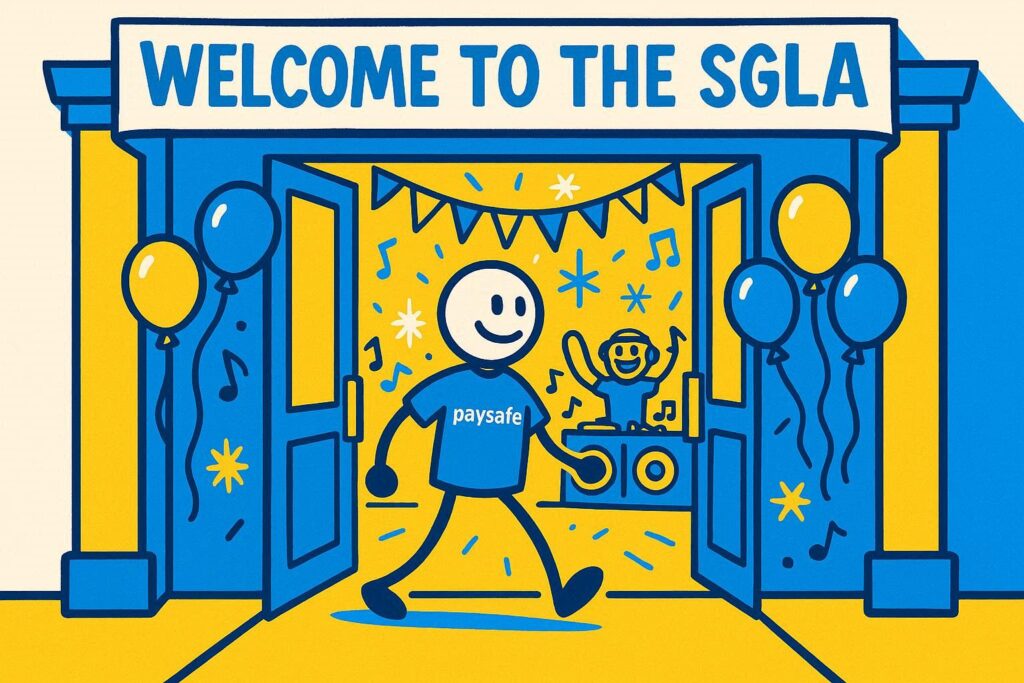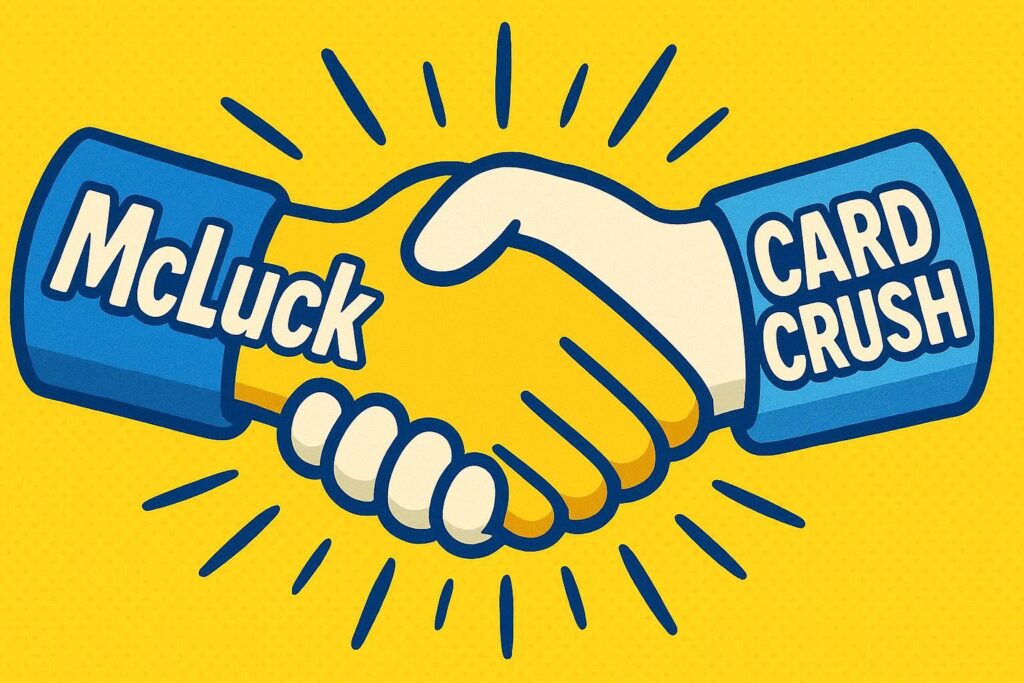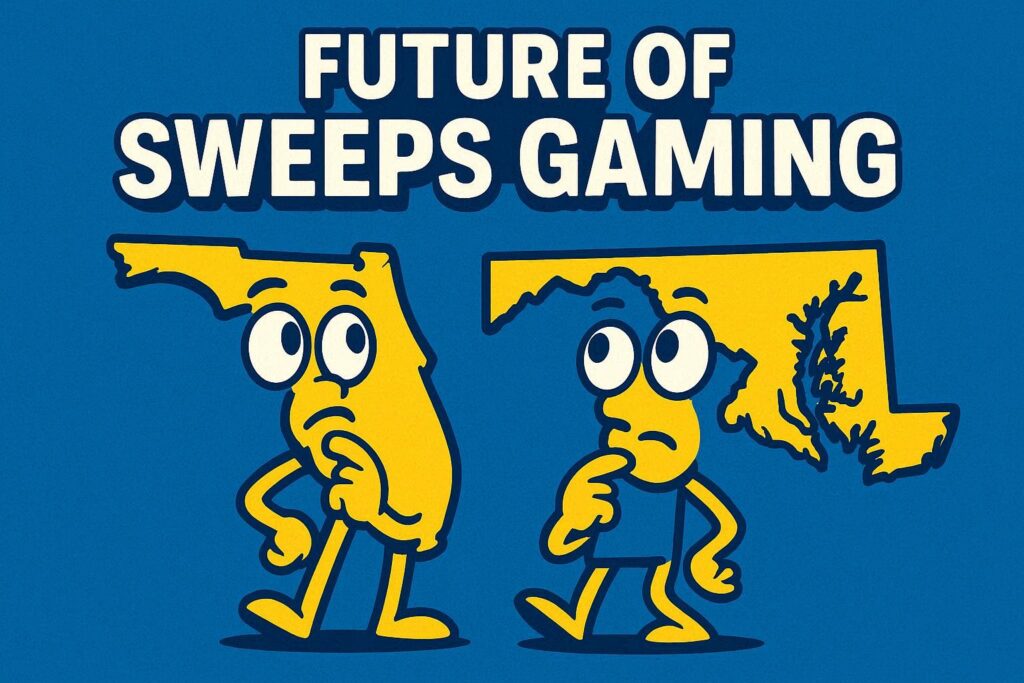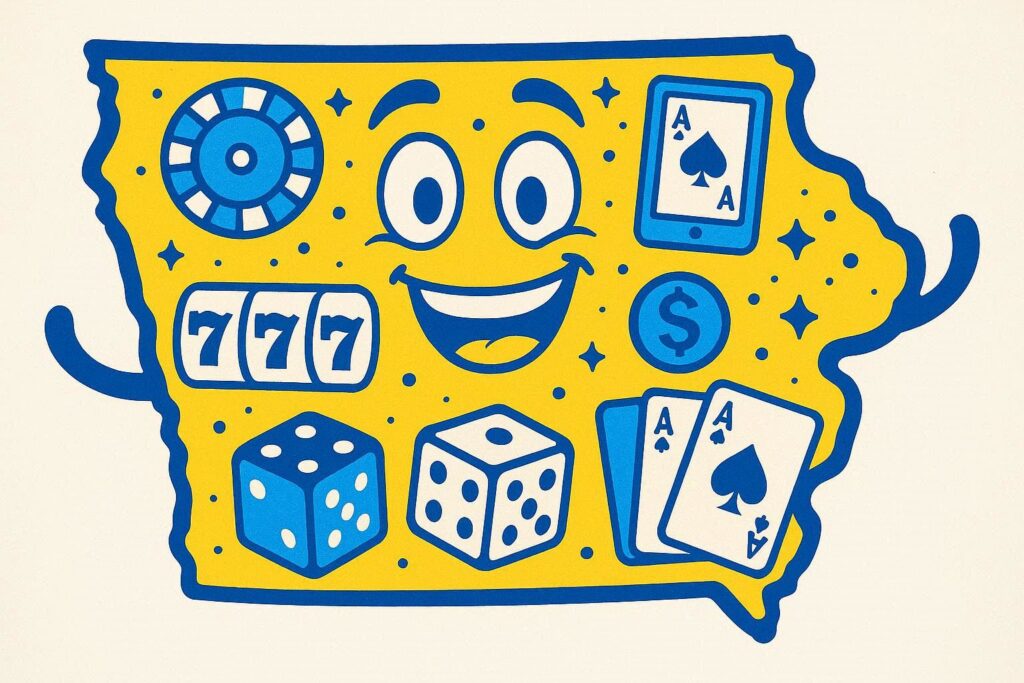Jeff Cohen is Head of Origination at PvX Partners, an investment fund that provides non-dilutive growth capital to consumer-focused apps — including gaming apps. Previously, he was Vice President of Corporate Strategy and Investor Relations at Esports Entertainment Group and then Vice President of Corporate Development at mobile games developer Homa Games.
Before any of that, though, Cohen was an equity research analyst at Stephens Inc.
His work focused on, among other things, video games and online gambling.
And it was in this role that Cohen got an under-the-microscope look at Zynga and Light & Wonder’s SciPlay, two of the leading social casino gaming companies in the world.
In a LinkedIn post from early August, Cohen wrote that these companies used to “adamantly” deny that real-money iGaming had any impact on social casino revenues. But recently, during their Q2 investors call, Light & Wonder executives openly acknowledged — and even emphasized — the impact sweepstakes gaming had on SciPlay’s revenue.
Cohen told Sweepsy why he believes these companies are reacting to iGaming and sweeps casinos differently.
“Social casino operators long denied cannibalization from iGaming because regulated real-money play was geographically limited, and many leading social casino companies were themselves owned by iGaming operators, so there was little incentive to defend that turf,” Cohen said. “Sweepstakes casinos, however, operate nationwide and go after the same high-value social casino players with identical games plus cash-out potential.
“This overlap makes them a true substitute, forcing the incumbent operators to acknowledge the competitive threat.”
‘Real market dynamics’ or something else?
During Light & Wonder’s Q2 investors call, executives said SciPlay, the social casino games division of the company, pulled in $200 million in revenue — down from $204 million in Q1.
Matthew Wilson, President and CEO of Light & Wonder, said a significant factor in those “modest declines” is “top-line erosion and increased marketing costs” driven by sweeps casino competition, leading to “a direct top-line impact from the growth of sweepstakes gaming in states that they are currently operating in.”
Wilson later elaborated: “I think at this point, it’s undeniable to say that sweeps are having an impact on the social casino segment. It’s definitely a substitute. I mean in our mind, it’s unregulated, untaxed iGaming. There’s no denying that. And when we look at the data specifically around the markets where sweepstakes have been banned, you see a significant uptick in terms of social casino. So from our vantage point, there’s just no denying it’s had an impact on the social casino markets where sweepstakes is active.”
The timing of these comments is intriguing. Light & Wonder has asserted itself as one of the staunchest opponents of sweepstakes gaming as sweeps casinos have faced ratcheted-up scrutiny, legislative bans, cease-and-desists, and lawsuits in a handful of states so far in 2025. It, alongside large California gaming tribes, has been a major proponent of Assembly Bill 831, which would ban sweeps casinos in the state.
The more restrictions and bans sweeps casinos face, the better for SciPlay’s bottom line. And that’s not us saying that. Wilson did.
“In states that have taken action to eliminate sweeps, we have seen a noteworthy uplift in our performance,” Wilson said during the Q2 call. “As this issue is further addressed … we expect to benefit from a more favorable market environment in states that ban sweepstakes gaming.”
So, that begs the question:
Have social casinos always faced revenue encroachment from sweeps casinos but executives are only just now bringing it up as a public relations move to help foster resistance to sweeps casinos?
Or are sweeps casinos legitimately cannibalizing social casino revenue more and more nowadays?
Truth is, it’s a little of both, Cohen said.
“I do believe the current cannibalization that companies are reporting reflects real market dynamics,” Cohen said, “but I also think it’s a very strategic PR choice to amplify the messaging and point the finger at sweepstakes — which these companies clearly have large lobbying efforts against.”
Sweeps casinos are ‘expanding the total addressable market’
When it comes to cannibalization, Cohen doesn’t necessarily think sweeps casino players are carbon copies of social casino players, arguing sites like Chumba Casino and Modo.us are “expanding the total addressable market rather than just cannibalizing existing social players.”
“Sweepstakes casinos are not just a substitute for social casino slots,” he said. “They’re broadening the market by appealing to a younger, more male audience that looks more like sports bettors and poker players than traditional social slot spinners. These users are drawn to high-action, community-driven formats like poker, crash games, plinko, and roulette, which feel more interactive and competitive than solitary slots.
“Sweeps operators amplify this with social mechanics (public chat, tournaments, leaderboards, and community engagement on platforms like Discord and Telegram) creating a sense of belonging that iGaming has never really achieved. Combined with the allure of real-money redemption, this positions sweeps as a hybrid category that blends some of the truly social elements of social casino, DFS with the real-money appeal of iGaming.”
A recent move from a prominent social gaming company, then, could be seen as a move to broaden its audience.
PLAYSTUDIOS is preparing to launch a new sweepstakes platform in a “full footprint of qualified U.S. states later this year.” It was a social games-only operation previously, with popular titles such as myVEGAS Slots and POP! Slots.
As part of its shift to join the sweeps industry, PLAYSTUDIOS was one of the founding members of the Social Gaming Leadership Alliance, an advocacy group formed this year in response to increasing scrutiny on the sweeps industry. VGW, the market leader behind Chumba Casino, LuckyLand Slots, and Global Poker, is also a founding member.
International Social Games Association weighs in
Light & Wonder isn’t the only social gaming organization to publicly air its issue with sweeps casinos.
In a letter written to the California Senate Appropriations Committee as they considered (and later approved) AB831, the International Social Games Association urged lawmakers to pass the bill, writing that “sweepstakes casinos attract players primarily through the opportunity to win real-world prizes, including cash or other valuable items,” compared to their social casino members, which offer games “designed purely for entertainment purposes and do not offer players the ability to redeem virtual currency for real-world value within the game.”
Sweeps casinos do differ from social casinos in the sense that they allow players to play with a digital currency most often called Sweeps Coins, which can be redeemed for real cash. That is half of their platform, and it is a separate product than what Zynga and SciPlay apps offer.
The other half, though is a purely social gaming option, using a digital currency called Gold Coins that cannot be redeemed and follows all the same purchasing option models that social casino apps like those that belong to Zynga and SciPlay do.








